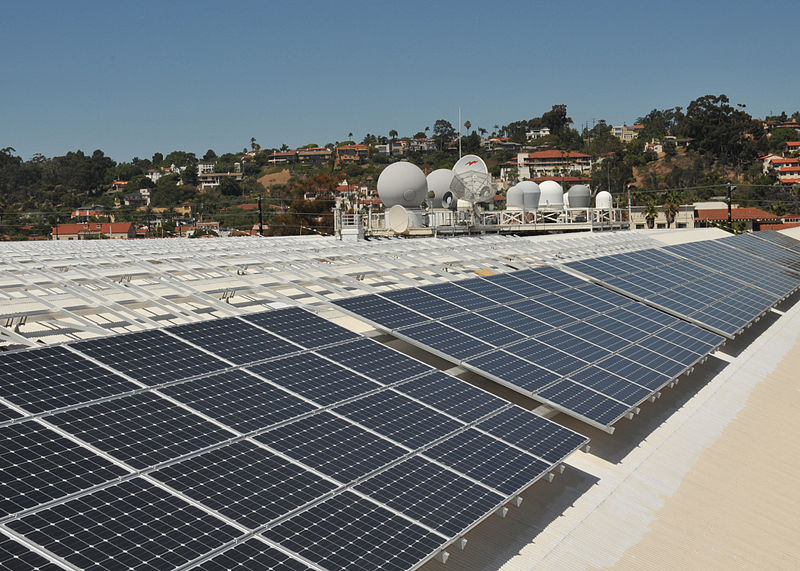A powerful law in six states gives communities the power to choose their energy suppliers and direct their energy dollars toward local energy production. Two of the most prominent examples of this policy in action are in California, Marin Clean Energy and Sonoma Clean Power, and they’re offering electric customers better pricing with much more renewable energy than the incumbent utility.
So why is California’s legislature considering a bill to torpedo community choice aggregation?
Update: 6/16/14: Reader Jonathan Cloud offers a correction to my statement on New Jersey. A 2003 amendment to their CCA law switched the program to “opt-out” for residential customers, resulting in nine successful programs. More here.
The crux of the bill is switching how these local energy aggregators get customers. In the original (effective) design, once a city or county’s elected body votes to switch to a local power solution, all its electricity customers are switched by default but allowed to opt back to the incumbent monopoly utility. The bill, AB 2145, switches that provision to “opt-in” and, in doing so, will sink any future hope of community choice aggregation in California.
In short, adopting Assembly Bill 2145 will:
- Reduce renewable energy development
- Undermine capture of energy dollars within communities across California
- Pre-empt local voters’ desire for local control of energy systems
California joined five other states in enacting community choice aggregation in 2002 because it recognized that many communities wanted more control over their energy system, but not necessarily to own and operate a power grid. It’s an elegant solution allowing democratic control over energy choices without forcing a fight over monopoly control of electricity system infrastructure.
California’s existing local aggregations, Marin Clean Energy and Sonoma Clean Power offer customers competitively priced and much cleaner power. They are purchasing local power, too, ensuring more dollars spent on Marin electricity bills stay in Marin and more dollars spent on Sonoma electricity bills stay in Sonoma. The story is similar in Illinois, Ohio, and other states with an opt-out community choice aggregation law.
But California’s two local aggregations took more than a decade to succeed even with the existing opt-out clause because of massive utility opposition.
AB 2145 will be the end of community choice aggregation in California, reversing a trend toward more clean energy and capture of local energy dollars boosting local economies.
The opt-in clause in AB 2145 ends the potential for local control because local aggregations will not be able to competitively procure electricity. What size car would you buy if you didn’t know the size of your family, a sedan or a semi? Local aggregations won’t be able to competitively procure electricity without advance knowledge of their customer base or compete with incumbent pricing if they have to spend thousands of dollars recruiting every single customer.
Need more evidence? New Jersey is was the only state with the AB 2145 “opt-in” clause for the first 4 years in its 15-year-old community choice aggregation law; only the switch to “opt out” led to the formation of successful local aggregations beginning in 2012. the only state with exactly zero successful local aggregations.
In considering their vote for AB 2145, legislators should ask themselves two questions:
- Do monopoly utilities need more protection from my constituents that may desire more investment in clean, local power?
- Should the state legislature preempting local energy plans, adopted by democratically elected local officials, that exceed state goals for clean and local energy?
If you can answer those questions, you know how to vote on AB 2145.
Photo credit: hilariouslywrong





